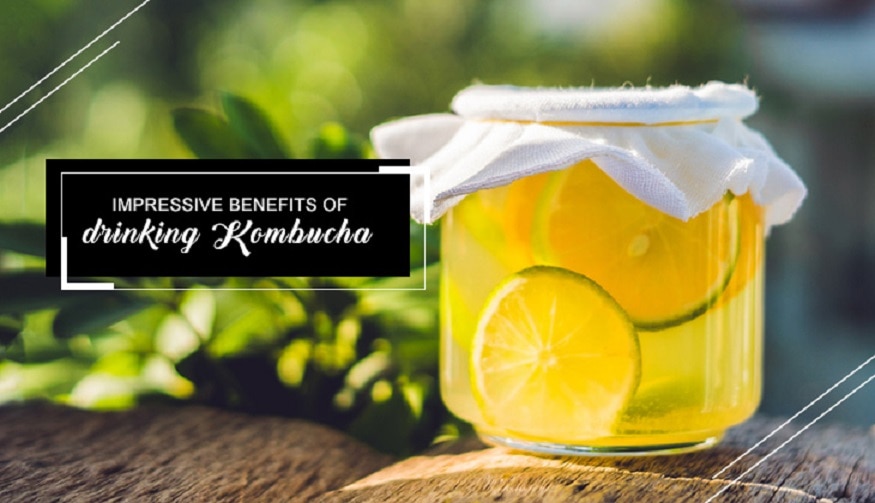Kombucha has been making waves as the latest go-to health beverage. In fact, the mildly fizzy and slightly sour kombucha has already been around for more than 2000 years. Made of black tea and sugar, the fermented drink contains a variety of vitamins, minerals and enzymes and has been prized by traditional cultures for its health-promoting properties. Is this beverage worth the sip? The answer is a big yes.

The detoxifying capacity of kombucha is immense. It’s known to benefit the body’s primary organ – your liver for detoxing. Studies showed that the nutrients in kombucha protect liver cells from oxidative injury and help maintain their normal physiology, keeping your liver healthy.

The fermentation process also creates a lot of probiotics, which help the growth of those good-for-you bacteria in your gut. The bacteria not only aids in digestion, but also plays a role in how you process food and absorb nutrients, alleviating issues such as irritable bowel syndrome, diarrhoea, and food allergies.

Kombucha’s nutritional profile goes beyond probiotics. Since it carries vitamins B1, B6, and B12, it helps boost your immune system, regulate your mood, and produce red blood cells. The drink is also packed with antioxidants, which promotes the health of your skin, bone health, and heart.

Kombucha also contains glucosamine, which can help heal, repair and prevent joint damage. Glucosamine also increases synovial hyaluronic acid production, preventing arthritic pain and preserving joint collagen that maintains tissue structure, moisture, lubrication and flexibility.

Some people even see Kombucha as an energy drink as the black tea fermentation process release iron that invigorate your body. Like many types of tea, kombucha also contains some caffeine, which can energise the body.













